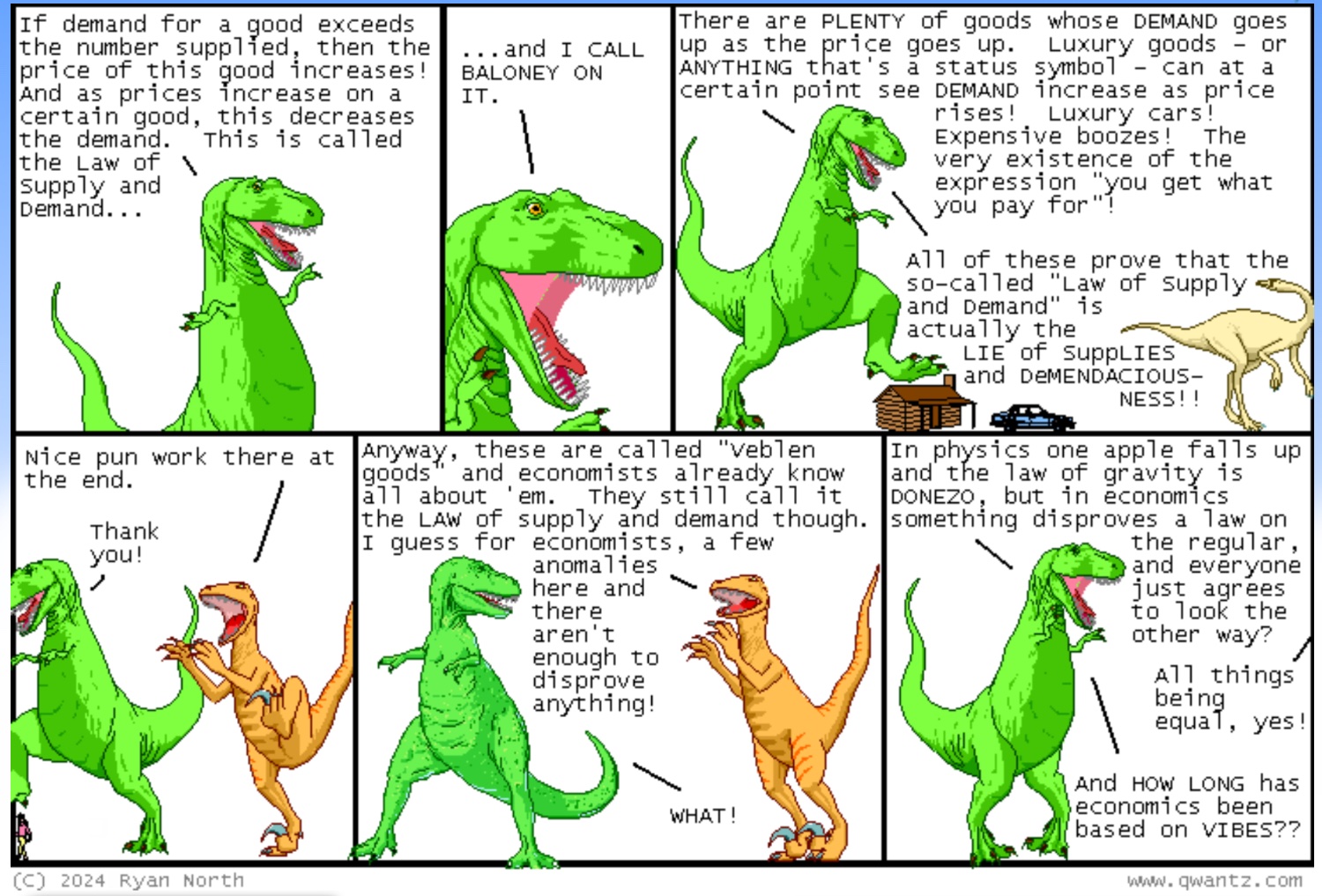this post was submitted on 26 May 2024
324 points (93.3% liked)
Comic Strips
15657 readers
1999 users here now
Comic Strips is a community for those who love comic stories.
The rules are simple:
- The post can be a single image, an image gallery, or a link to a specific comic hosted on another site (the author's website, for instance).
- The comic must be a complete story.
- If it is an external link, it must be to a specific story, not to the root of the site.
- You may post comics from others or your own.
- If you are posting a comic of your own, a maximum of one per week is allowed (I know, your comics are great, but this rule helps avoid spam).
- The comic can be in any language, but if it's not in English, OP must include an English translation in the post's 'body' field (note: you don't need to select a specific language when posting a comic).
- Politeness.
- Adult content is not allowed. This community aims to be fun for people of all ages.
Web of links
- !linuxmemes@lemmy.world: "I use Arch btw"
- !memes@lemmy.world: memes (you don't say!)
founded 2 years ago
MODERATORS
you are viewing a single comment's thread
view the rest of the comments
view the rest of the comments

Could it be that economics is more of a social science than a physical one, and therefore its "laws" cannot be expected to have the same level of stringency and consistency as the laws of physics?
No, it's economics that's wrong.
Whats even funnier is that physics is also vibes based in some areas. The laws of thermodynamics are not real laws, they are based on statistic likelihood but can in theory be broken.
Newtons equations for gravity are still widely used despite being disproven for better part of a century.
Sometimes, accurate enough approximations are more useful than the complicated reality.
cough quantum physics cough
I studied quantum mechanics for half a year and I can't even prove quantum mechanics are not Lasagna spilled on paper let alone prove whether they are vibe based...
Spooky action at a distance
Physical reality has a lot of little exceptions like that too. Compression is really strong until it buckles - totally different formula. Most materials compress when they freeze - but water expands. Forget turbulence, man. What's the ratio of the circumference of a circle to its diameter? That's right, a silly nonsense number.
And another silly nonsense number we decided to call "E" keeps popping up all over the place in nature/ the universe, for no discernable reason.
Devs got lazy
iirc, e and pi are actually somewhat related
edit: was curious about this so I went looking and found a stackexchange thread on the topic. It was Euler's identity and the gaussian integral I was thinking of that relates those two numbers.
That's
eto you!Economics is a social science (and often a political tool) pretending to be a physical science. If they don't want to be treated the way they are, they should drop the act.
I studied econ as a minor and I don't recall any of my professors ever making the pretense that it was some sort of ultimate or incontrovertible truth. In fact, I'm fairly certain that's where I learned the expression "all models are wrong, but some are useful".
I remember cracking open a textbook, learning about rational market actors, realizing that a lot of economics is based on the assumption that people act rationally, and decided the whole thing was bullshit.
5 years later, I realized that despite deeply flawed premises, economics as a science still has a lot of helpful models and theories and is a good thing to learn.
That’s a good point, and kinda reminds me of the Efficient Market Paradox, which basically says an efficient market is impossible since there would be no profit to be made, and hence, no point in participating. But if people drop out because of that, inefficiencies will invariably pop again, thus presenting an opportunity for those seeking to profit, which of course only ends up restoring the efficiency.
So in essence, the market is always just teetering on the edge of efficiency, never fully getting there yet never straying too far either. Perhaps there’s a corollary here (or a similar paradox) that explains why the assumption of rationality, as ridiculous as it seems at face value, is in fact also valid and reasonable.
Sometimes, independent central banks feel like a secular version of a theocratic council of elders.
Yes
And yes